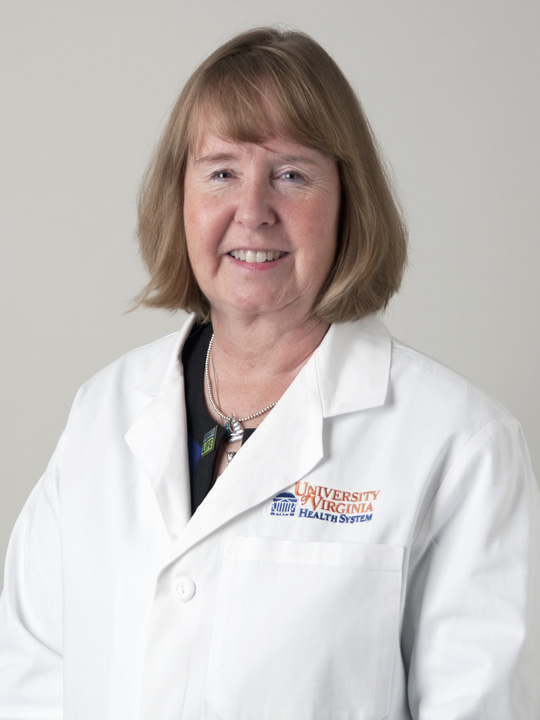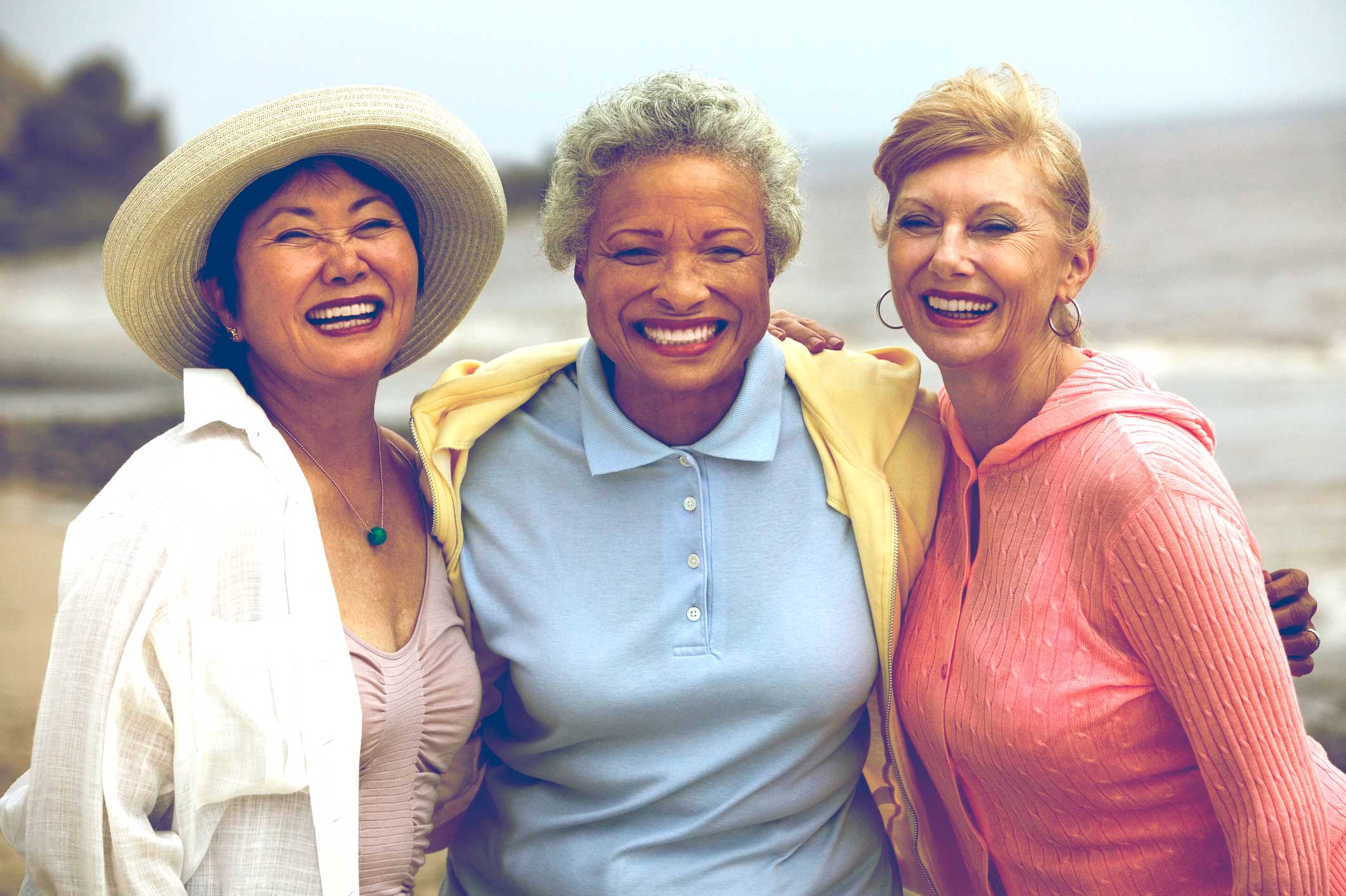For many, it’s known as “the change of life” or simply, “the change.” The transition into mid-life means many things to many people, and it can be challenging to sort out facts from myth.
On Tuesday, from 6 to 9 p.m., the University of Virginia Heath System will sponsor a women’s health awareness celebration, “Thank Goodness for Women. Stay Healthy, Be Happy, Be Active,” at the Mount Zion First African Baptist Church, located at 105 Lankford Ave. in Charlottesville.
The event’s organizer, Dr. JoAnn V. Pinkerton, UVA’s midlife health director and executive director of The North American Menopause Society, previews the event and provides some health tips for women in their 40s and 50s.

UVA’s Dr. JoAnn Pinkerton is president of the North American Menopause Society.
Q. What are some of the more common health issues women face in their 40s and 50s?
A. As women transition through menopause, they have increasing risks for heart disease, bone loss and breast cancer. They may also be at risk for other health conditions based on genetics or lifestyle, such as diabetes or stroke.
Q. What are some important steps women can take to protect their health as they reach midlife?
A. Know your numbers – your blood pressure, cholesterol and bone density. Know your risks based on your genetics or lifestyle, including your risk for heart disease, diabetes, bone loss or breast cancer.
Q. What tests should women consider having in their 40s and 50s?
A. Women should be up to date on:
- Pap smear screening, which may include testing for the human papillomavirus (until at least age 65);
- Screenings for cholesterol levels;
- Colon cancer screening, beginning at age 50 (if you don’t have an early family history of colon cancer);
- Mammograms (which may include 3-D tomosynthesis if you have dense breasts);
- Bone density testing, beginning at age 65 (it may be recommended earlier depending upon your risks for osteoporosis).
In addition, women who don’t get enough sun exposure may need vitamin D testing, as adequate vitamin D is important for bone and the immune system. Thyroid testing is often done every five years. Women may also be candidates for testing for sexually transmitted diseases.
Q. As an expert on menopause, what are the most important things you want women to know?
A. Don’t fear menopause – there is help available! Talk with your doctor about hormone therapy if you are younger than 60 or within 10 years of menopause and you have symptoms such as bothersome hot flashes or a need to prevent bone loss. There is some evidence that hormones given at menopause may benefit your heart and brain; however, when women older than 60 start taking hormones, they may increase the risk of heart or cognitive issues. Do be on the lookout for compounded hormone therapies; these are not FDA-approved, regulated or monitored and have risks of over- or under-dosing as well as contamination.
If you can’t or won’t take hormone therapy but have bothersome hot flashes or night sweats, talk with your doctor about non-hormonal medications and alternatives that may work, such as hypnosis or cognitive behavioral therapy.
Q. What are some important topics that will be covered at Tuesday’s event?
A. The program features women’s health professionals from UVA Health System who will present current information on staying healthy, including how to handle stress at work and home. They will also cover health topics such as diabetes, stroke prevention and sexuality for men and women. The program also features entertainment and health screenings conducted by several local health groups.
Q. Will there be any information available for men?
A. Men are invited to attend health sessions planned just for them on preventing cancer, men’s urological issues and then joining the women for the session on sexuality.
Q. How can people RSVP?
A. You can register at the event or register in advance by calling 434-243-4734 or emailing midlife@virginia.edu.
Media Contact
Article Information
October 17, 2016
/content/uva-expert-offers-lowdown-menopause-and-midlife-health

